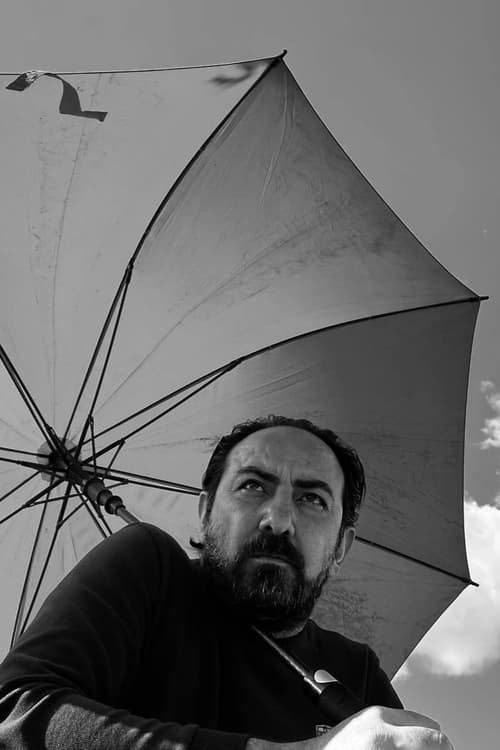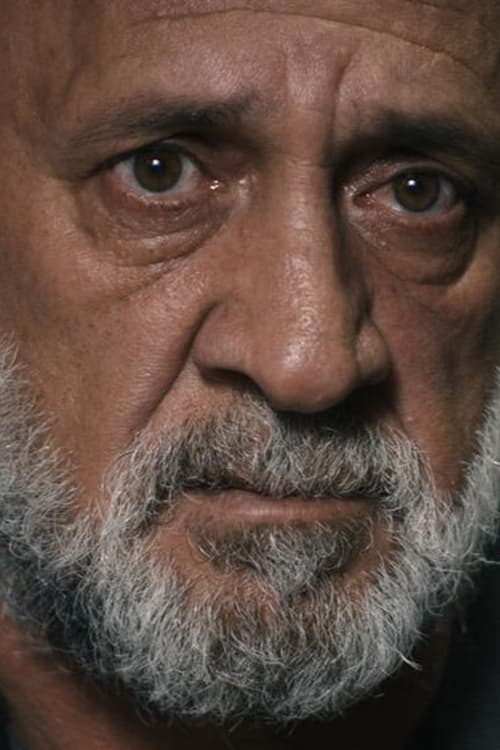Memories on Stone (2014)
장르 : 드라마
상영시간 : 1시간 37분
연출 : Shawkat Amin Korki
각본 : Shawkat Amin Korki, Mehmet Aktaş
시놉시스
Kurdish childhood friends Hussein and Alan want to produce a film about the genocide of Kurdish people in Iraq, the Anfal campaign in 1988. They learn that, to achieve veracity by the means of cinema and to face their own identity, it's worth putting everything on the line - even their own life.

A 60-minute salute to American International Pictures. Entertainment lawyer Samuel Z. Arkoff founded AIP (then called American Releasing Corporation) on a $3000 loan in 1954 with his partner, James H. Nicholson, a former West Coast exhibitor and distributor. The company made its mark by targeting teenagers with quickly produced films that exploited subjects mainstream films were reluctant to tackle.

“울면 죽여버리겠다”는 말이 귓가에 맴도는 가운데 알마와 그녀의 아이들은 살해된다. 30년 후, 민간인 대량학살의 주동자였던 퇴역장군 엔리케는 유족들로부터 형사 소송을 당한다. 그는 유죄를 선고받지만 부당한 세부조항으로 인해 석방된다. 분노한 유족들은 그의 대저택 앞에 모여 시위를 벌이고, 엔리케의 가족들은 혼란 속에서도 나름의 평정을 찾아간다. 그러나 엔리케의 신경쇠약 증상은 점점 심해지고, 밤이 되면 여인의 울부짖는 소리가 들린다며 소동을 피운다. 불안감에 휩싸인 저택의 고용인들은 모두 그들 곁을 떠나고 곧 새로운 가정부가 고용된다.

While serving with the African Union, former Marine Capt. Brian Steidle documents the brutal ethnic cleansing occuring in Darfur. Determined that the Western public should know about the atrocities he is witnessing, Steidle contacts New York Times reporter Nicholas Kristof, who publishes some of Steidle's photographic evidence.
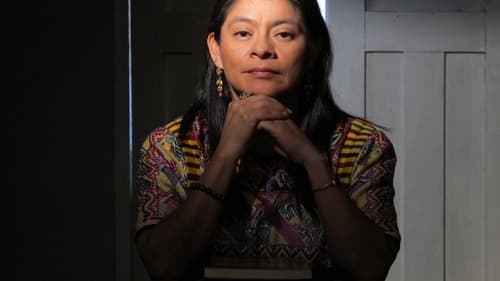
From a historic genocide trial to the overthrow of a president, the sweeping story of mounting resistance played out in Guatemala’s recent history is told through the actions and perspectives of the majority indigenous Mayan population, who now stand poised to reimagine their society.
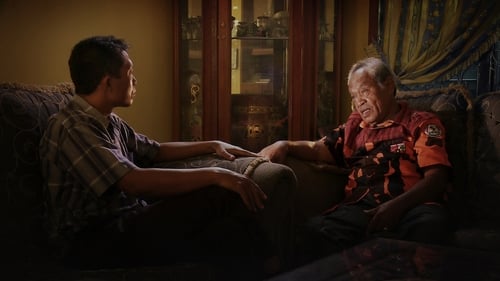
1965년 인도네시아 군부정권 대학살의 기억을 가진 모든 이들에게 ‘람리’라는 이름은 곧 학살을 의미했다. 그는 비밀리에 사라졌던 100만 명의 사람 중 유일하게 목격당한 죽음이었기 때문이다. 알고도 모른 척 숨죽여 살아야 했던 사람들에게 ‘람리’의 또 다른 이름은 침묵이자 망각. 그러나 그의 동생 ‘아디’는 50년 만에 형을 죽인 살인자를 찾아가 그때의 이야기를 묻기 시작하고, 가해자들은 누구보다 자랑스럽고 당당하게 자신이 저지른 소름 끼치는 살인을 증언한다. ‘죽음’은 있지만 ‘책임’은 없는, 인류 역사상 가장 고요하고 잔혹한 이야기!

Darên bitenê is a fascinating documentary exploring the “dengbej” musical heritage of the singers, poets and storytellers from Northern Syria’s Rojava region. Featuring a stunning scenery of poetic landscapes, the film is interlaced with stories of Kurdish and Assyrian songs that narrate the long history of love and suffering of this semi-autonomous region.

"Nû Jîn", New Life, with the slogan ' Woman is life. Life is resistance and resistance is Kobanê', depicts the daily life of women guerillas, Elif Kobanê (18), Vîyan Peyman and Arjîn, joining in the Women's Protection Units (YPJ) in their battle against ISIS. The documentary relates the ISIS assault of 15 September 2014 and the five-month resistance by the YPJ and People's Defense Units (YPG) through the lens of three women fighter
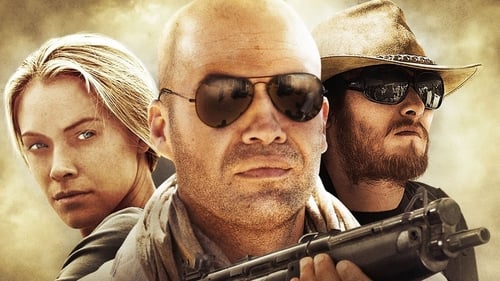
American journalists in Sudan are confronted with the dilemma of whether to return home to report on the atrocities they have seen, or to stay behind and help some of the victims they have encountered.

Linguist-philologist Mark Janse discovers speakers of the Cappadocian language – previously assumed extinct, linguists worldwide are exhilarated at the discovery, but Janse realizes the rediscovered language is doomed to die anyway.
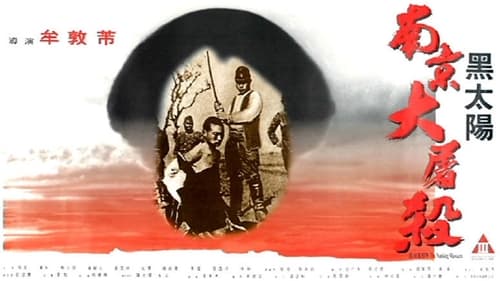
Black Sun: The Nanking Massacre depicts the brutal events behind the Nanking Massacre committed by the Imperial Japanese army against the Chinese people during the Second Sino-Japanese War.

A documentary about the history of Ukrainian Cossacks in the Kuban.

Superfan David Whiteley celebrates the unsung British heroes behind the first film in the Star Wars’ franchise, 1977’s eponymously titled Star Wars. The Star Wars saga ends with the release of The Rise of Skywalker in December 2019. This documentary celebrates where it all began. It includes previously unheard stories from the people who made one of the most successful movies of all time, with additional interviews and previously unseen behind-the-scenes footage. The presenter, Star Wars superfan David Whiteley, who has his own connection to the original film (he was born on May the 4th), tracks down the often modest British talent who brought the galaxy to life. David explores the contribution of the London Symphony Orchestra and meets Ann Skinner, who was in charge of continuity. As well as seeing her original stills from the set, Ann reveals how she helped Sir Alec Guinness with one of the most famous speeches in Star Wars.

Lloyd Kaufman from Troma sits down for a Q&A at The Prince Charles Cinema in London on the evening of a Troma Triple-bill.

버독은 프리저의 명령에 따라 동료 넷과 함께 행성 카낫사를 침공하여 멸망시킨 후 쉬고 있다가 최후로 살아남은 카낫사인 토오로에게 기습당한 후 일종의 예지 능력을 얻게 된다. 토오로는 버독에게 '네게 미래를 볼 수 있는 환상의 주먹을 날렸다', '너희들은 우리들처럼 멸망할 운명이다'라는 말을 남기며 버독 일행의 공격을 받고 쓰러졌다. 그 직후 갑자기 버독은 머리에 통증을 느끼며 쓰러진다. 그 후 회복장치 속에서 치료를 받으며 계속 행성 베지터가 멸망하는 미래와 아직 갓난아기인 자기 아들 카카로트의 미래를 보게 된다. 본인은 그 의미도 잘 이해하지 못하고 그냥 이상한 꿈 정도로 여기고 있다가 앞서 동료들이 정벌하러 간 미트 별로 따라갔다가 동료들의 죽음을 목도하고 거기서 아직 살아남은 토마로부터 프리저가 사이어인을 말살시키려고 한다는 것을 알게 되는데...

미래에서 온 트랭크스와 스승인 손오반의 인조인간과의 혈투를 그리고 있는 작품

Turkey's history has been shaped by two major political figures: Mustafa Kemal (1881-1934), known as Atatürk, the Father of the Turks, founder of the modern state, and the current president Recep Tayyıp Erdoğan, who apparently wants Turkey to regain the political and military pre-eminence it had as an empire under the Ottoman dynasty.

A documentary on Rojava/North-East Syria and the social change there.

The intricate history of UFA, a film production company founded in 1917 that has survived the Weimar Republic, the Nazi regime, the Adenauer era and the many and tumultuous events of contemporary Germany, and has always been the epicenter of the German film industry.

A shocking political expose, and an intimate ethnographic portrait of Pacific Islanders struggling for survival, dignity and justice after decades of top-secret human radiation experiments conducted on them by the U.S. government.

Berlin at the end of the 19th Century. Alexander Hoffmann is an ambitious PhD student of Ethnology. When a delegation of the Herero and Nama tribes travels to Berlin during a ‘Colonial Exhibition’, he takes a special interest in their young female translator Kezia Kambazembi as subject for his studies.





